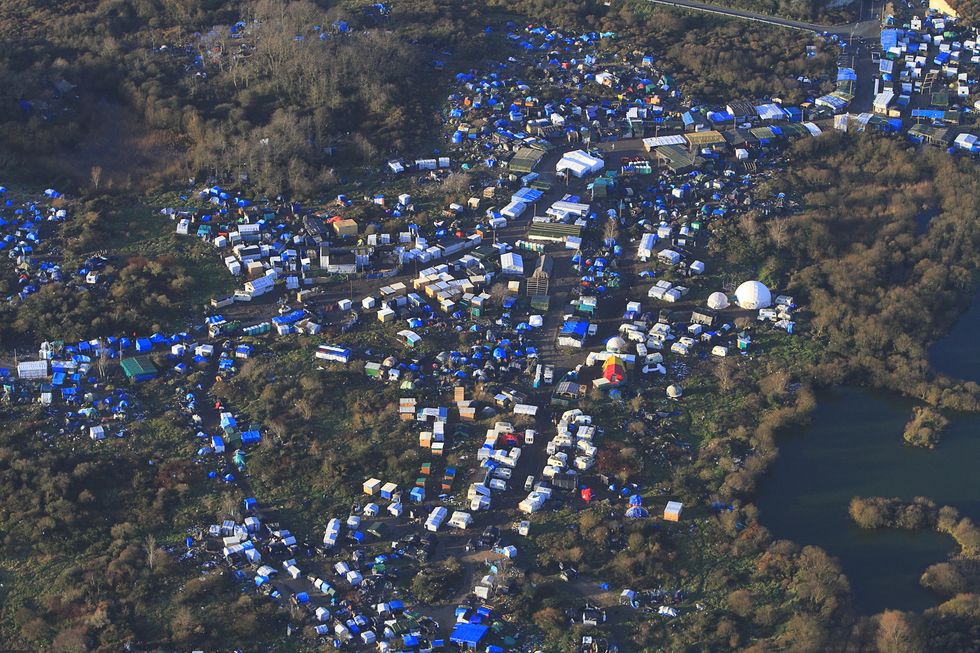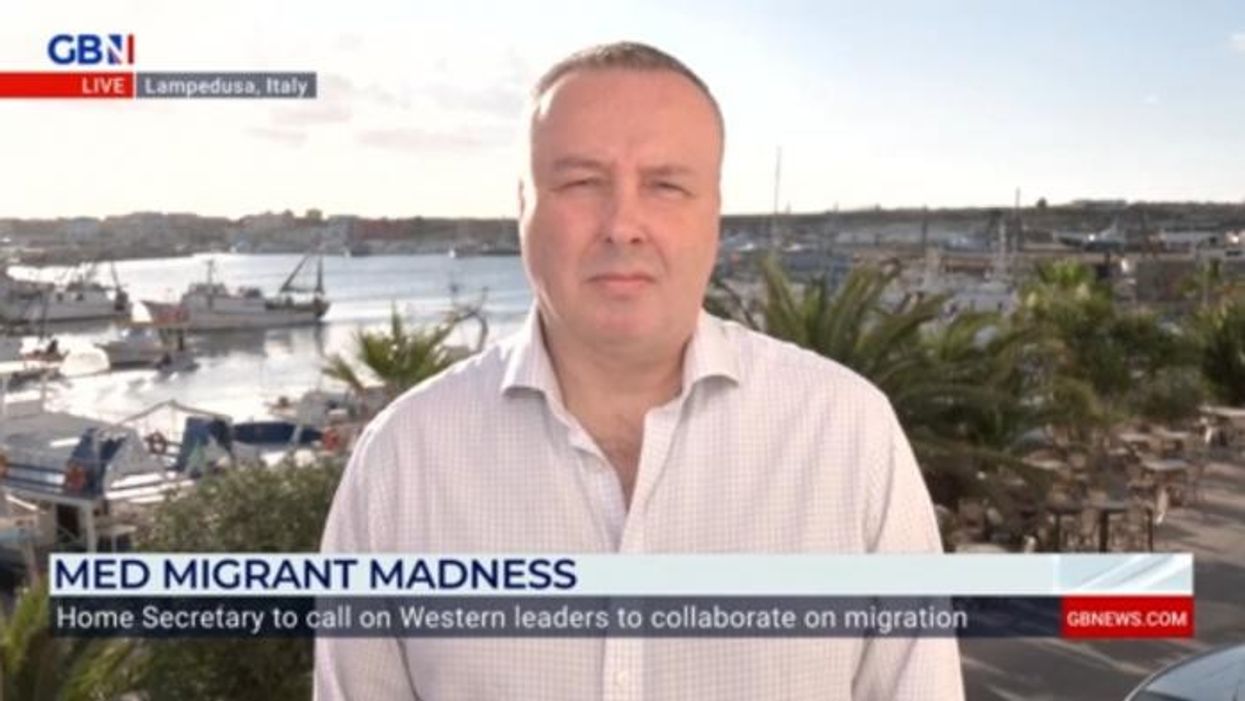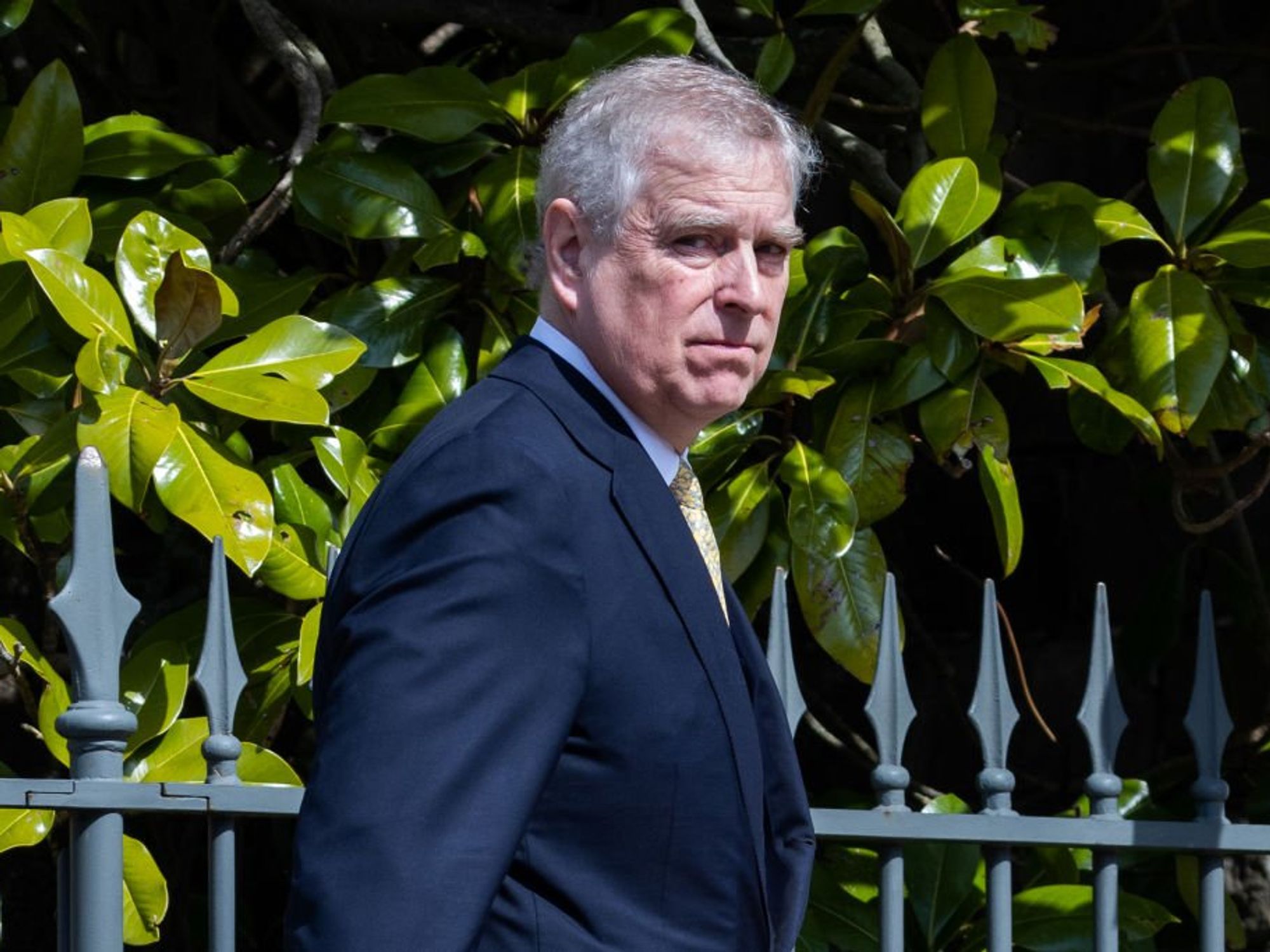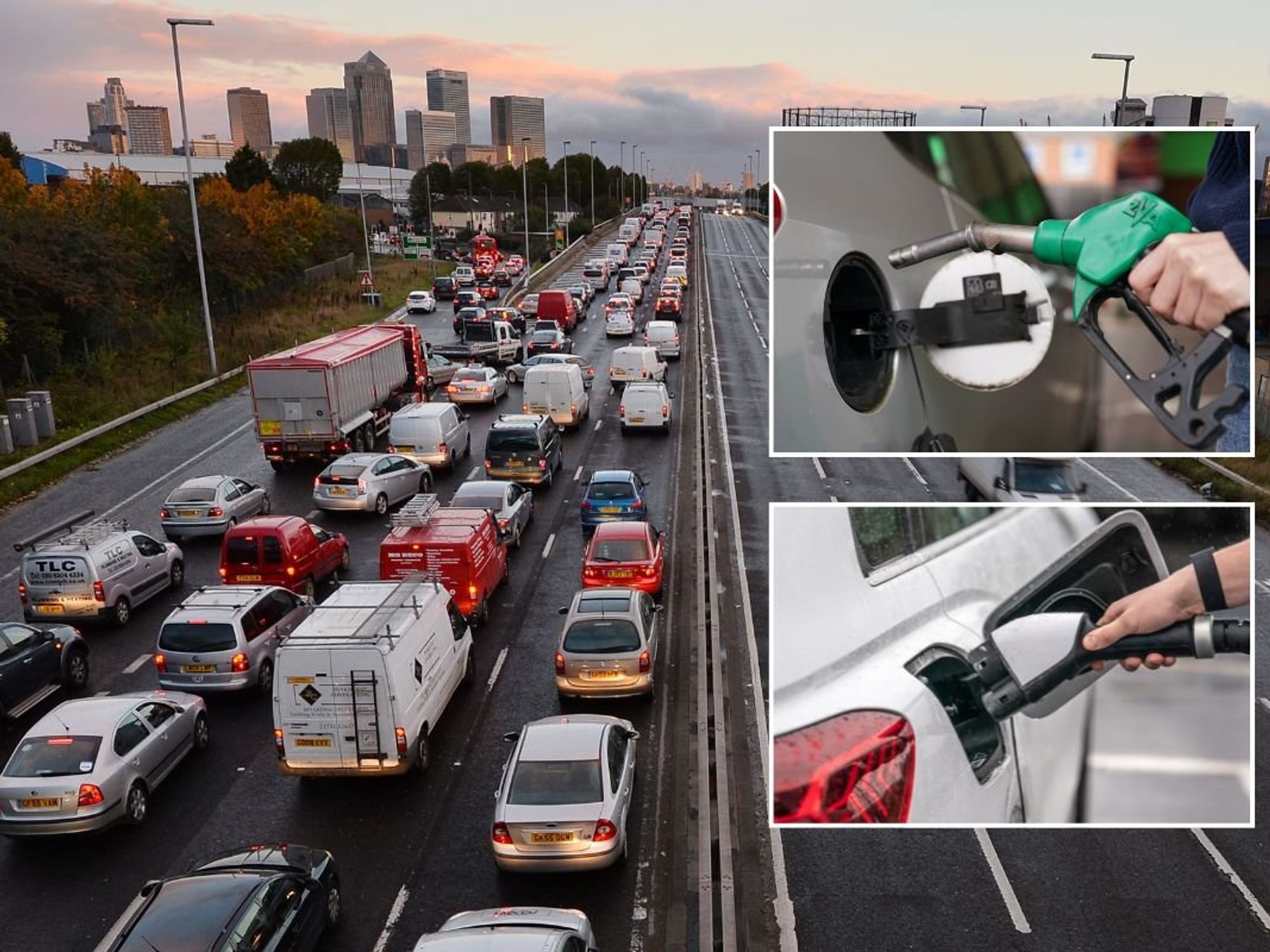EU migrant deal: Bloc passes major plan to strengthen borders and send back failed asylum seekers

The agreement will see a huge change in how migrants are processed and rapidly speed up assessments at borders
Don't Miss
Most Read
The European Union has agreed a new deal to strengthen borders which will make it easier to deport failed asylum seekers.
The deal will mean the union will be able to hold families in detention centres on its external borders.
Following three years of negotiations, the agreement will see a huge change in how migrants are processed and rapidly speed up assessments at borders.
Families with women and children will now be processed at facilities within three months.
 The European Union has agreed a new deal to strengthen borders which will make it easier to deport failed asylum seekers | Getty
The European Union has agreed a new deal to strengthen borders which will make it easier to deport failed asylum seekers | GettyIn addition, EU member countries which are further away from major points of arrival - including Italy and Greece - will be asked to house asylum seekers in a bid to help southern Europe.
Countries can refuse to take in migrants but must pay financial compensation to other EU countries hosting more asylum seekers.
Alternatively, they can also pay towards the cost of programmes in third countries aimed at reducing migratory flows.
It comes after more than 355,000 illegal migrants entered the EU during the first 11 months of 2023.
LATEST DEVELOPMENTS:
The European Parliament’s president, Roberta Metsola hailed the plans as “probably the most important legislative deal” of the current term.
Ursula von der Leyen, the European Commission president, added: "It means that Europeans will decide who comes to the EU and who can stay, not the smugglers. It means protecting those in need."
Proposals first came about in 2016 when more than one million migrants arrived in Europe - with many trying to avoid wars in Syria, Iraq and Afghanistan.
The reforms hope to give EU governments more control over their borders.

Migrant camp in France is just one area of Europe which has seen a huge influx of asylum seekers
|Getty
However, human rights groups have argued the rules are too harsh and undermine fundamental rights.
Plans such as requiring asylum seekers as young as six years old to give over biometric data and increased funding to reinforce borders with drones and cameras have received backlash.
Eve Geddie, the head of Amnesty International’s EU office said: "The pact will almost certainly cause more people to be put into de facto detention at EU borders.
"Its likely outcome is a surge in suffering on every step of a person’s journey to seek asylum in the EU."











